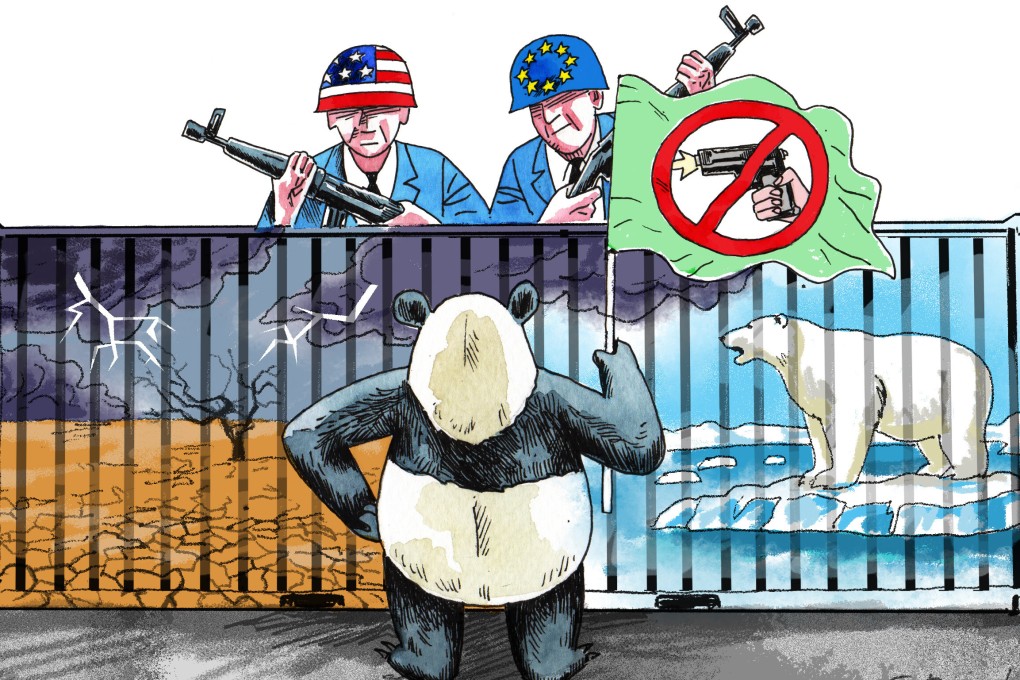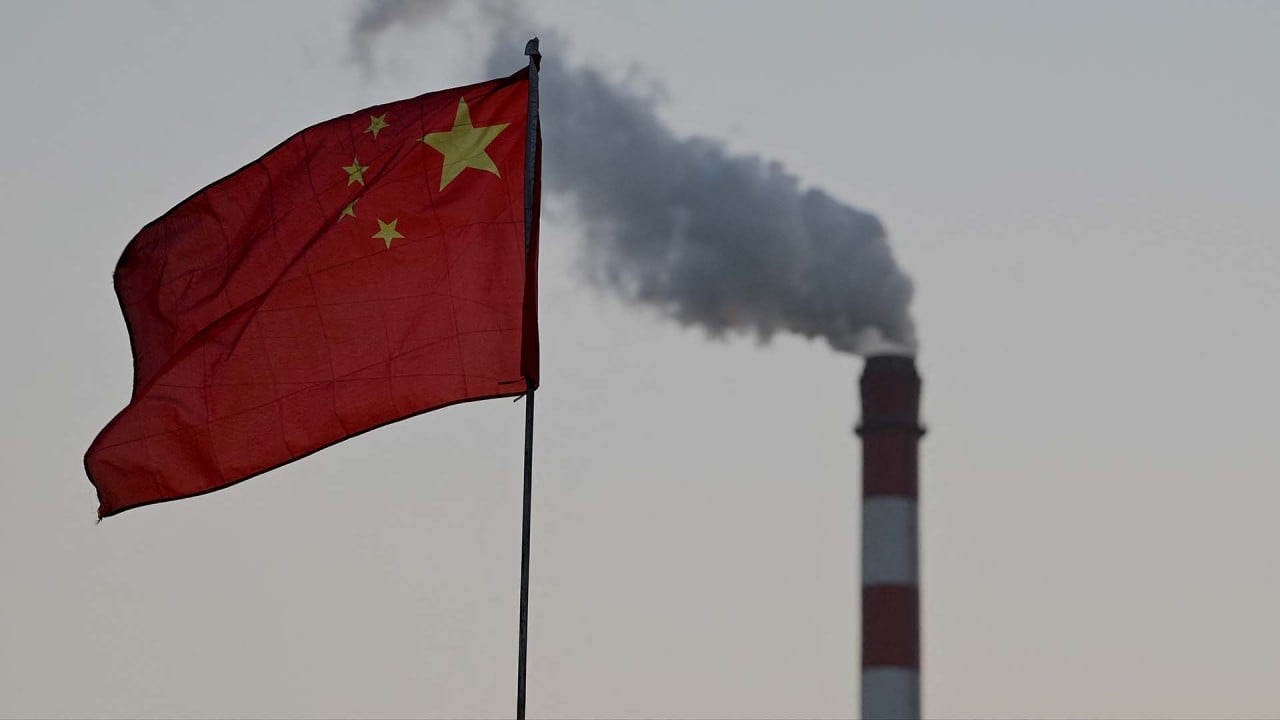Advertisement
Opinion | A global climate trade war is looming. Here’s how to avert it
- US and EU announcements of new tariffs and other restrictions on ‘dirty’ steel and aluminium could presage a climate-focused trade war
- China can help avoid this and boost the climate fight by pressing the WTO to take up the issue of overcapacity in the global steel industry
Reading Time:4 minutes
Why you can trust SCMP
3

A global trade war about climate change is approaching, and it could make the current trade clash between the United States and China seem like a mere preliminary skirmish. To avoid extensive, widespread economic damage and help combat climate change, this looming new trade conflict must be prevented through a commercial ceasefire and multilateral negotiations.
The US and the European Union have fired the latest salvo, indicating the approach of a conflict over trade-restrictive climate actions, with their joint announcement that they will impose tariffs or other trade restrictions on imports of “dirty” steel and aluminium. They say this is to help them take action to limit greenhouse gas emissions and inspire more ambitious climate action worldwide.
Details are yet to come, but their announcement appears primarily aimed at imports of these metals from China, where old-fashioned means of making steel and aluminium are still used and thus production is considerably more carbon-intensive. Although China was not named in the announcement, it referred to “non-market practices” that are undermining the world trading system.
This announcement follows the recent proposal by the EU to impose climate-related trade restrictions through fees on imports of steel and several other carbon-intensive products in a new carbon border adjustment mechanism. Although framed for general application, the mechanism likewise seems aimed mainly at “dirty” imports from China, which is the world’s biggest emitter of greenhouse gases.
These experiments in linking trade to climate actions will not start immediately. The US and EU aim to introduce their new transatlantic climate trade restrictions by 2024. The EU mechanism will take effect in 2023.
The US and EU are already encouraging other like-minded countries to participate in their new international arrangement. The US, Canada and Japan are reportedly considering new trade-limiting domestic climate legislation akin to the EU’s carbon border adjustment mechanism.
Advertisement

